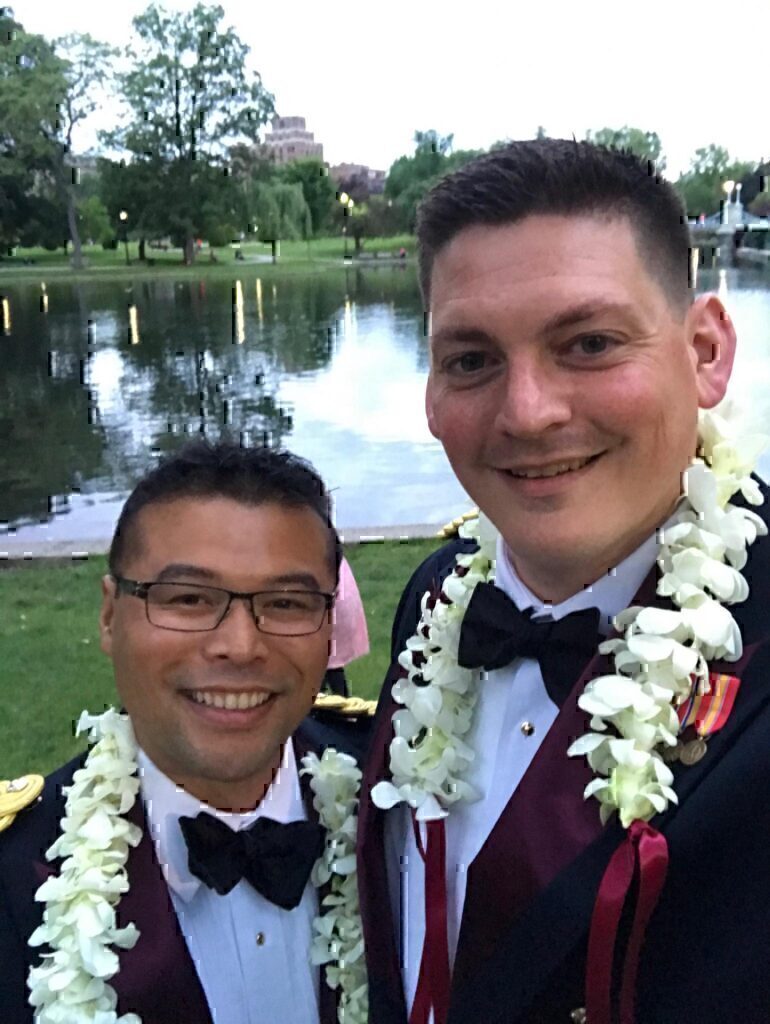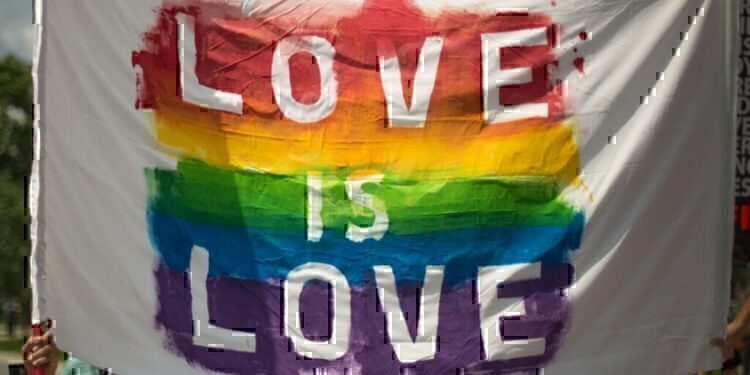LGBTQ+ Pride Month is celebrated annually in June to commemorate the 1969 Stonewall riots in New York.
For military service members, the road to celebrating LGBTQ+ rights was a long-fought battle. For over 17 years, the military’s Don’t Ask Don’t Tell (DADT) policy was a harsh reminder that LGBTQ+ service members could not be their authentic selves while serving. The repeal of the policy in 2011 by President Barrack Obama signaled some form of acceptance for people to serve freely in the military. Although discriminatory and offensive, DADT provided a safety net for those not ready to come out to friends and family. Its repeal was a defining moment for individuals – to come out or not.
One’s sexual orientation, preference, or gender should have no bearing on serving in the military. For varying reasons, people may choose not to get into details about their private lives. Heterosexuality has always been the default and assumed orientation. With more inclusive and accepting language and options implemented into policies, forms, email signatures, etc., LGBTQ+ service members are encouraged to be themselves without fear of retaliation, discrimination, or abuse.
For Army Reserve Career Counselor Sergeant First Class Courtney Head, DADT, served as a shield of anonymity. Growing up in the Bible Belt, people weren’t always as accepting of LGBTQ+ rights, and many things were considered taboo. After joining the Army, SFC Head didn’t think much about his sexuality. While stationed in Alaska, his now ex-husband, challenged him to be more comfortable with their relationship.

He received an ultimatum, “If you don’t stop telling people I’m just your friend, this is not going to work. I need you to be comfortable with who you are.”
SFC Head goes on to say, “I used to use the military as an excuse not to be out. I’m in the military, I can’t be out. When Don’t Ask, Don’t Tell was repealed, I didn’t have that excuse anymore.”
Although still not comfortable enough to say, “Hey, this is me, who I am,” SFC Head would confirm if asked about his orientation. With acceptance from family, friends, and battle buddies, he soon evolved into a place of self-pride. What was most surprising was how his spouse’s infantry unit was supportive and protective. During an evening bowling outing, another servicemember made a derogatory comment about the couple. Battle buddies quickly stepped in to defend the couple – an example of how people can use their privilege to call out discrimination and injustices.
Captain Michael Elegino is a Critical Care Nurse with the US Army Reserves, assigned to 7450th Medical Battalion in Aurora, CO, and knows firsthand about the milspouses life. His husband, Jun, is a Trauma and General Surgery Resident and a Captain in the Colorado National Guard. Both CPT Eleginos were recently on call for a stateside mobilization to support COVID-19 while balancing their civilian careers. As a dual military same-sex couple, they face the same challenges as any other relationship.
CPT Michael Elegino joined the military in 2011 around the time of the repeal of DADT. He has always felt comfortable being gay in the military. CPT Jun Elegino, who joined after high school, had a drastically different perspective and experience of being out and serving under DADT. “I met my husband Jun by random fate. He was traveling to Hawaii for military training with his Army National Guard unit. It was a horrible winter in Minneapolis. All the flights, including Jun’s connecting flight, were grounded due to the blizzard conditions. We met up for drinks in Minneapolis, and the rest is history!” recalls CPT Michael Elegino. The couple has been together for over six years. Their 2017 wedding, both wearing matching Army Mess Dress uniforms, cemented their relationship and freedom to openly love one another.

For both SFC Head and CPT Elegino, being able to serve their country and treated equally with the autonomy to love whoever is essential. “Pride is a great way to celebrate the victories that social rights and LGBTQ+ community activists have paved the path for our rights and equality. I get to enjoy and celebrate the fact that I am married to the man that loves and supports me in every way possible. We are looking forward to the day that we can start our own family!” shares CPT Michael Elegino. SFC Head admits that overall, his experiences since coming out have been positive. However, there is still room for improvement to ensure same-sex relationships are handled on par with heterosexual relationships, particularly during stressful times, such as separation and divorce.
The military’s acknowledgment of same-sex marriages and observance of June as Pride Month marks an essential shift in military culture. Over the years, the military force has continued to grow a diverse population of service members representative of the country’s actual population. Pride and other culturally relevant observations help to normalize diversity in the ranks.








